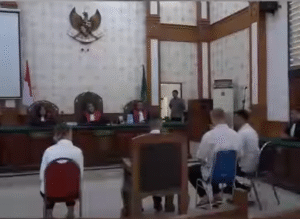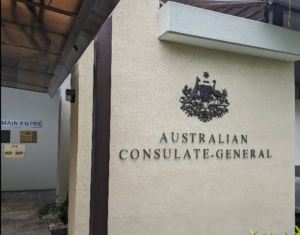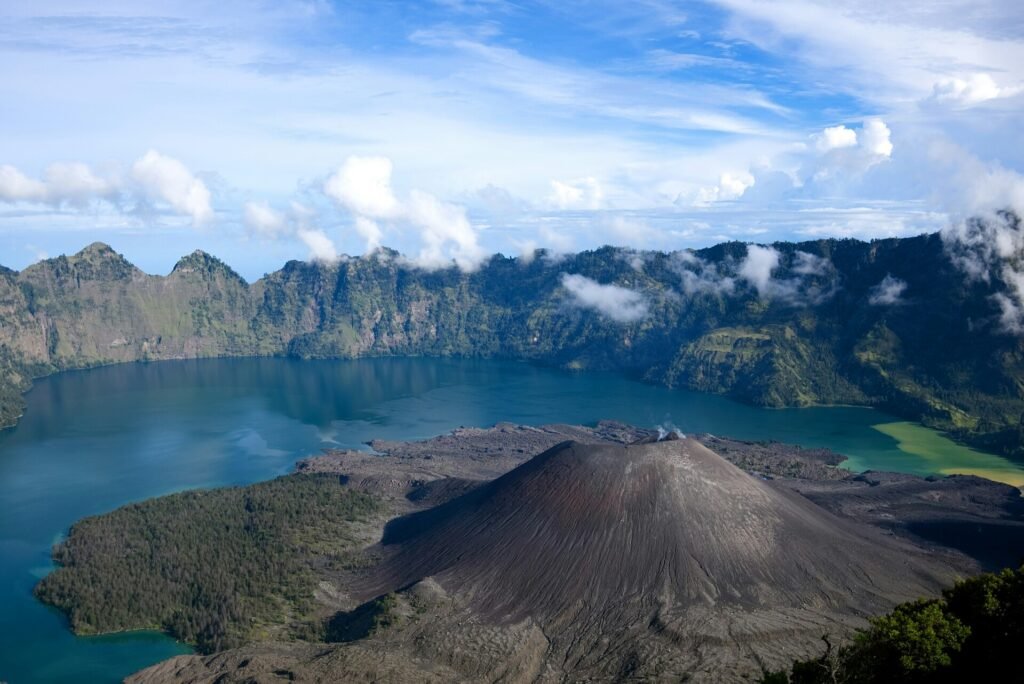
A member of the House of Representatives Commission VII, Bane Raja Manalu, has proposed an increase in Bali’s tourist tax, which currently stands at Rp150.000 per visitor.
Bane argued that despite the introduction of the tax in February 2024, Bali continues to experience overtourism. He suggested that raising the levy could help filter the influx of tourists, ensuring that only those deemed “high-quality” visit the island.
“If Rp150.000 isn’t enough to curb overtourism, maybe it needs to be increased further,” Bane said during a working committee meeting on the Tourism Bill, as quoted on 16 March 2025.
Concerns Over Overtourism
Bane highlighted that overtourism has led to environmental degradation and disrupted local life in Bali. Issues such as excessive waste piling up on beaches and worsening traffic congestion were cited as significant problems caused by the high volume of visitors.
Furthermore, he stated that the current situation contradicts the principles of Tri Hita Karana, a Balinese Hindu philosophy emphasizing harmony between humans, nature, and the divine.
“Tourist taxes can serve as a tool to control excessive visitor numbers,” he said. “By imposing a higher levy, we can filter out—with all due respect—low-quality tourists.”
Existing Regulations and Potential Changes
The tourist tax for foreign visitors in Bali is currently regulated under Article 8(3) of Law 15/2023 on the Province of Bali and further stipulated in Regional Regulation 6/2023.
According to Article 5 of the regulation, the levy applies to foreign tourists entering Bali from abroad or other regions in Indonesia. The fee must be paid before or upon arrival at Bali’s entry points.
The current Rp150.000 per person tax is subject to review at least once every three years. Revenue collected from the tax is classified as other legitimate local revenue and is earmarked for cultural and environmental preservation, with or without additional funding from other sources.
With the push for an increase, discussions are expected to continue regarding the potential impact on Bali’s tourism industry and local economy.










